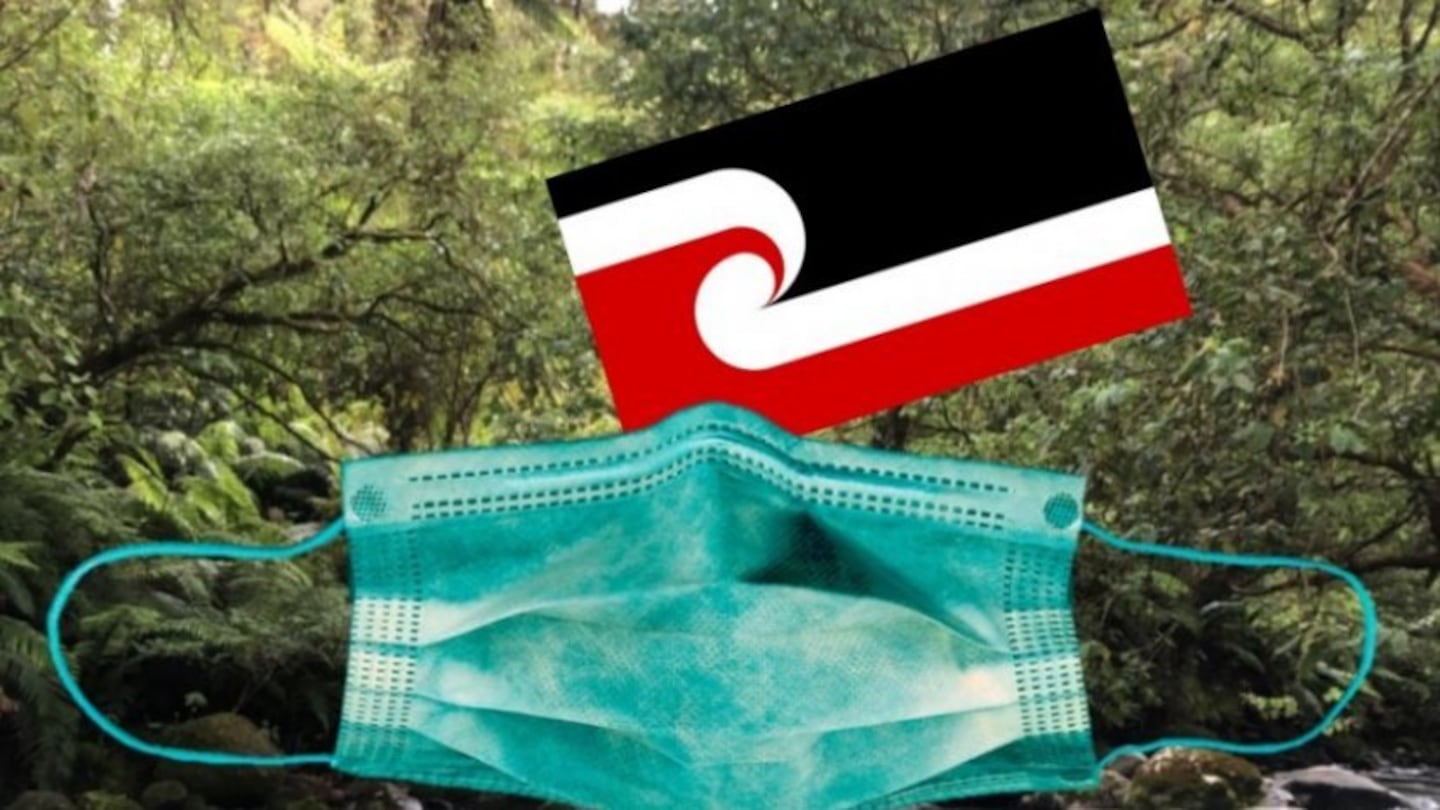Photo / Leah Te Whata
There are now five confirmed cases of COVID-19 within the wider Whanganui tribal area. Two in Waverly and three in Ruapehu, and iwi have united in an effort to take care of whānau.
South Taranaki, Whanganui, Waimarino – Ruapehu, Taumarunui and Rangitīkei – it’s not a small area to cover.
But for iwi, coming together as Te Ranga Tupua for the well-being of their people was instinctive.
Iwi-collective spokesperson Ken Mair says, “During times of crisis, we know that our people are those who are hit the hardest.
"So as early as Alert Level 1 we started mobilising a response to reassure and tautoko our people.”
An “Iwi Hub” went live last Tuesday out of health provider Te Oranganui and a helpline was set up for localised advice. A Community Based Assessment Centre was established at the site to test registered medical patients for COVID-19 with further stations in Waverly and Ruapehu.
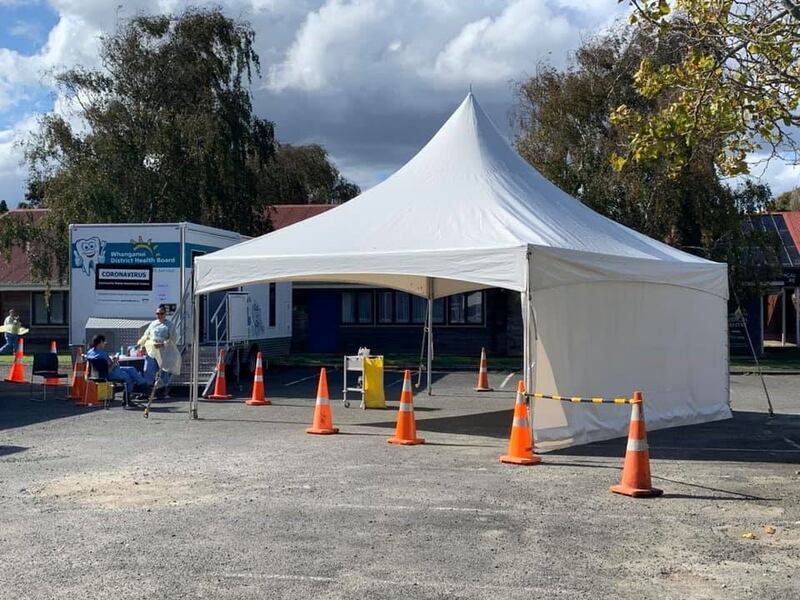
Whanganui DHB set up testing station - Photo / Leah Te Whata
With iwi members on the front lines, more than 500 phone calls have gone out to check in on whānau. Care packages and medication has also been delivered to those in need.
Kaumātua Whairiri Renata Nikora says, “Knowing we have whānau that are here for our needs so that we have no need to leave home is comforting.”
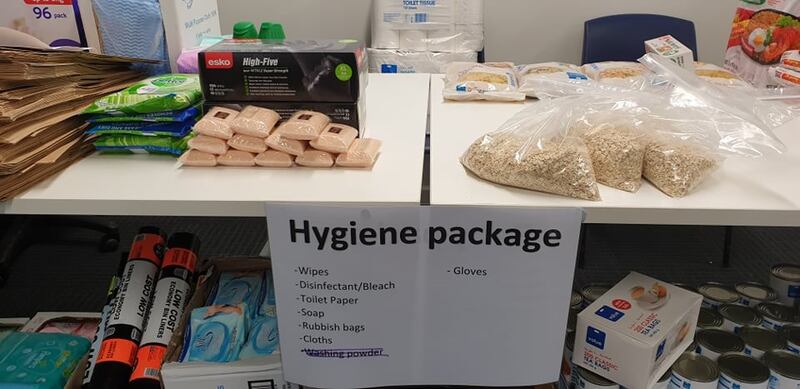
Essentials to distribute to whānau in need - Photo / Leah Te Whata
Flu vaccinations are also in the process of being made available to kaumātua, pregnant women and health care workers.
Jamie Nepia is coordinating the COVID-19 response at Ratana Pā where more than 30 people received injections today.
He says, “Although there’s no vaccine for Coronavirus yet, it’s flu season and our kaumātua and vulnerable are susceptible to getting māuiui so for me it’s important that they get their flu jab.”
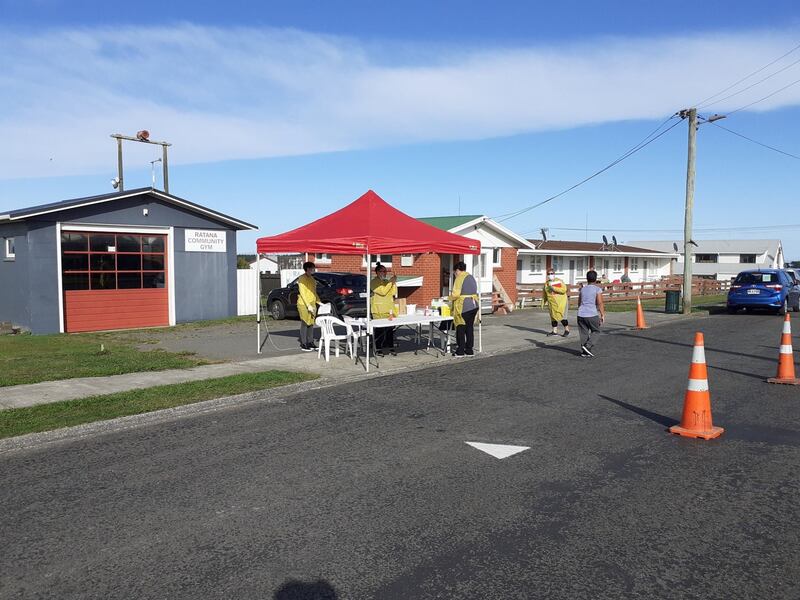
Testing and information station at Ratana - Photo / Leah Te Whata
At an iwi chairs level, advocacy is a main focus with Ministry of Health, DHB, council, Police and employers making decisions that directly affect tangihanga, people’s movements, crisis response and the safety of whānau.
“It’s important that iwi are included in decision making at every level.
"So far we’ve been able to support the calls of hapū for action such as council enforced closing of the Whanganui River Road and Kaiwhaiki Road to protect our whakapapa,” Mair says.
Meanwhile, at a whānau level, technology has enabled people to connect for mass online karakia and waiata sessions. A return to traditional food sources like māra kai to avoid supermarkets is also evident throughout the region.
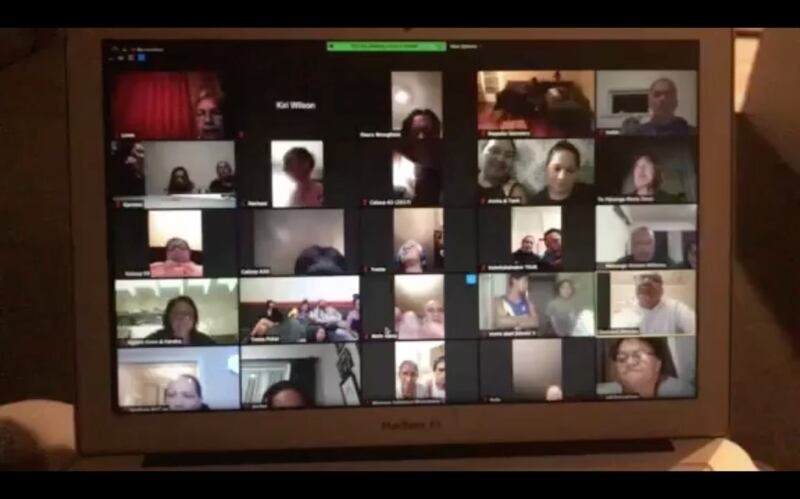
Iwi utilising ZOOM to inform the masses - Photo / Leah Te Whata
Ngā Iwi o Mōkai Pātea descendent Meretini Bennett-Huxtable says, “It’s really uplifting seeing people come together and karakia and relying on te ao Māori again with things like māra kai.
"That’s a movement in itself and we’re all seeing the importance of food sovereignty.”
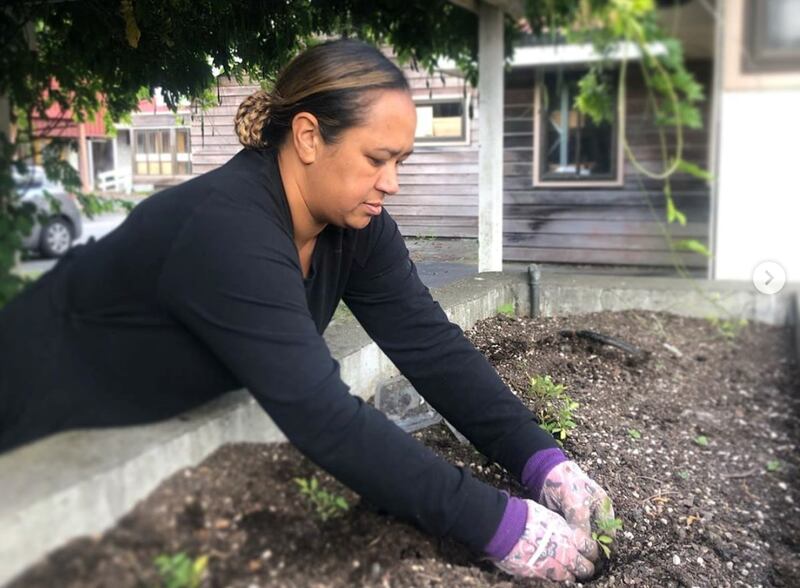
Iwi supporting the importance of maara kai - Photo / Leah Te Whata
The iwi collective is urging everyone within their wider tribal boundaries to play their part in stopping the spread of the virus in the area.
The Te Ranga Tupua Iwi Response Hub Helpline number is 0800 202 004.

